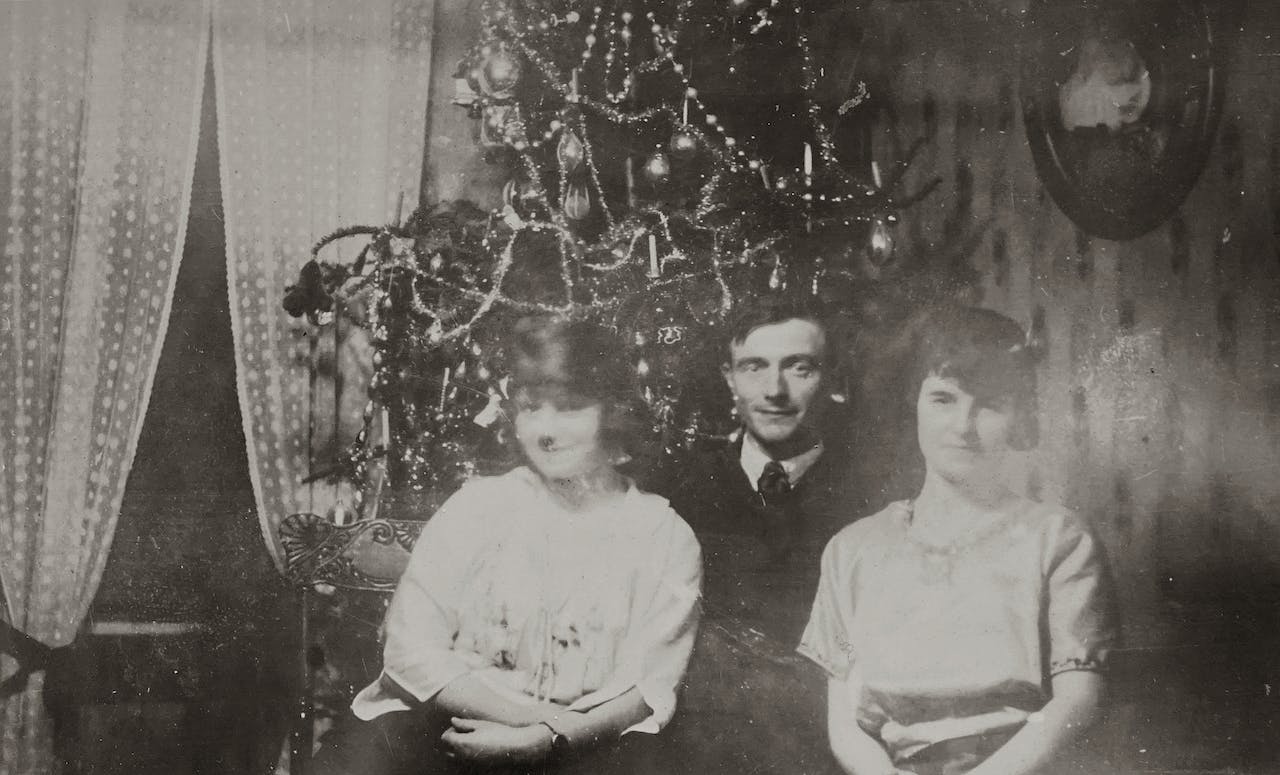As we approach the close of another year, the holiday season often brings a mix of joy, anticipation, and, for many, a sense of overwhelming pressure.
Between festive celebrations and work obligations, it can feel like time is slipping away and there’s a rush to tie up pretend loose ends before the calendar resets.
In my conversations with clients and friends, I’ve noticed a common thread of heightened emotions—from invitations accepted or declined, or from not being invited, from the financial strain of gift giving, and the complex dance of expectations during this time. The season can be emotionally charged. If you are like me and live away from family, it does provide a welcomed distance from potential drama and at the same time quite a void of love and support.
Human emotions, especially when it comes to certain family members, can be intensely felt. Longtime feelings of being unloved, unheard, or misunderstood often surface, leading us to employ various coping mechanisms to shield ourselves from the associated pain. These may include blaming others (“they are the mean ones”), passing judgments, or resorting to passive-aggressive behaviors like ignoring or ghosting. However, these actions only leave the wounded parts of ourselves unheard and isolated and create more separation from our loved ones.
As we usher in the year-end, I invite you to explore a different approach—a genuine and transformative way to address these hurts. Let’s break the cycle of hurtful exchanges that can mar our interactions with loved ones. It takes courage to engage in vulnerable conversations, to express our feelings without assigning blame, and to pave the way for honest, healing dialogues. While some may not be ready for such discussions, embracing this openness can create a space of vulnerability and authenticity, strengthening our bonds and deepening our love for one another.
I know it is not easy; I am challenging myself as well with this! Let’s encourage each of us to introspect and find the strength to forgive, to extend kindness, and to foster a spirit of giving and receiving. If we truly desire peace in the world, the journey begins within ourselves.
Here are six NLP-inspired, transformative tips for tackling tricky family dynamics this Christmas:
1. Reframe expectations. Instead of anticipating conflict, focus on the potential for understanding and connection. Embrace the idea that challenges can be opportunities for growth and learning.
2. Visualise positive interactions. Close your eyes and picture positive and harmonious interactions with family members. Envisioning a peaceful scenario will help reprogram your mind, making it more receptive to constructive communication and reducing stress.
3. Anchor yourself in moments of gratitude. Identify positive aspects of your family relationships, no matter how small. Come back to those often. This can serve as a grounding force, helping you approach interactions with a more positive and open mindset.
4. Empathetic listening. Practice empathetic listening by tuning into the emotions behind the words. Instead of reacting defensively, strive to understand the underlying feelings of your family members. This can foster empathy, create a bridge for communication, and ease tension.
5. Be the light you want to see. If you want more benevolence from family members, practice benevolence yourself, refrain from speaking negatively about them behind their backs, and speak kindly about them (yes, even about your son-in-law or mother-in-law). If you desire more time with your loved ones, avoid complaining about the lack of time during your moments together; instead, take the initiative to connect with them actively, without waiting for them to initiate contact. Be the light you want to see!
6. Bring awareness to the pain you carry that hinders you from engaging in the actions mentioned above. So pause, take a few breaths, and ask yourself:
“Where am I at war? Is it within my internal parts, within the complexities of my own self, or within my relationships with family and friends?
What part of me is feeling hurt? Can I create a space to acknowledge and allow this part to express itself?
Am I able to empathise with the other person’s perspective? What might be unfolding for them? Can I hold space for their own emotional challenges?
How can we come together? How can I open the conversation with love and understanding? What support to I need to be able to do so?
Can I gather the courage to have those hard conversations and break the cycle of hurt? Can I be the seed of change? Can I lead with love instead of participating in this negative circle?
What is the cost of me not doing this?”
The consequences of not addressing these emotional challenges are actually significant. The potential for separation, persistent loneliness, and families drifting apart is a heavy toll that not only affects the current generation but has a lasting impact on the ones to come. The patterns of hurt and unresolved emotions will be passed down, perpetuating a cycle that hinders the potential for genuine connection and understanding.
Breaking this cycle is not just a personal choice; it’s a necessity for the well-being of individuals, the harmony of families, and therefore the world we live in. By taking the courageous step to engage in open, honest conversations and fostering a culture of forgiveness and understanding, we not only heal ourselves but contribute to a positive legacy for the generations that follow.
Let’s collectively commit to breaking these patterns and creating a foundation of love, communication, and empathy that will endure through time.
Can we all find it within ourselves to forgive, both ourselves and others?
As the holiday season unfolds, my earnest request is for you to embrace forgiveness, kindness, and love. It is my hope that this simple act resonates and ripples into a more peaceful world.
With love and gratitude,
Dorothee
~


This account does not have permission to comment on Elephant Journal.
Contact support with questions.